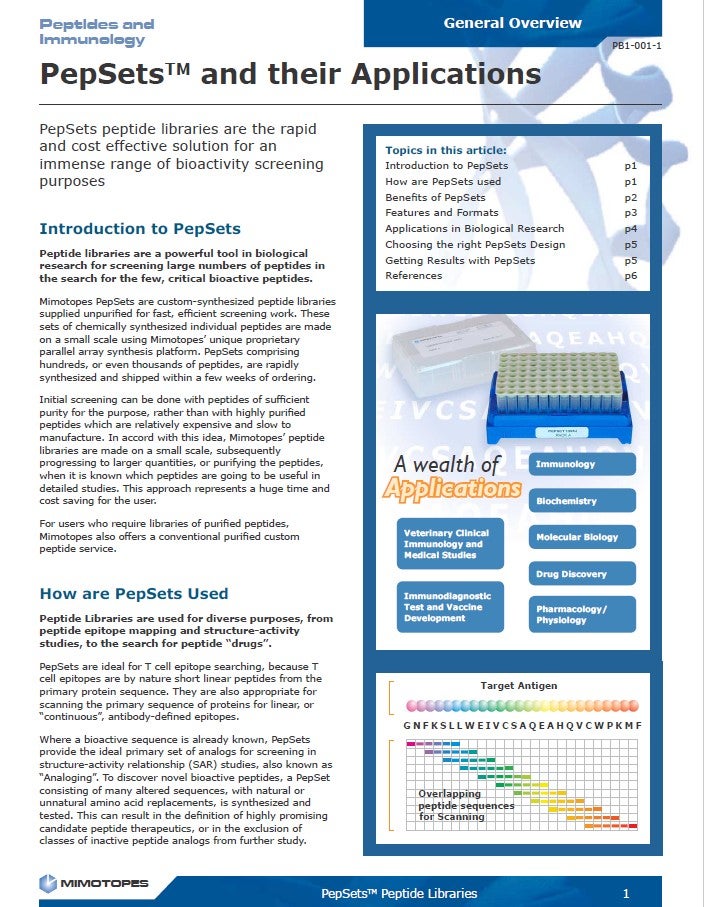

Bayer and the Broad Institute of MIT and Harvard in the US have expanded their ten-year research partnership by five years to further develop cancer treatments.
The companies will jointly work on the identification of cancer targets and approaches for the discovery of new therapeutic candidates in oncology.

US Tariffs are shifting - will you react or anticipate?
Don’t let policy changes catch you off guard. Stay proactive with real-time data and expert analysis.
By GlobalDataThe partnership was established in 2013 and brings together the Broad Institute’s cancer research and chemical biology expertise with Bayer’s experience in small, chemically manufactured molecule and biologics drug discovery to expedite research in drug discovery for new cancer therapies.
Bayer has derived the mutant EGFR/HER2 inhibitor from this strategic research alliance. It is currently in Phase I clinical trials.
It is claimed to be the first reversible small molecule inhibitor designed to target EGFR exon 20 insertion mutations and HER2-activating mutations in clinical testing.
The two entities will share biological knowledge gathered from the scientific community, including through datasets that are publicly available and academic journal publications.
Bayer’s global head of research and early development for oncology, pharmaceuticals division, Dominik Ruettinger stated: “Our joint goal is to bring innovation to cancer patients by building a robust, sustainable pipeline in oncology.
“Bayer’s established collaboration with the Broad Institute has already resulted in three clinical oncology candidates over the past decade.
“We look forward to continuing our work with renowned Broad scientists to advance additional innovative cancer targets into clinical development.”
Early R&D projects coverage on Pharmaceutical Technology is supported by Mimotopes.
Editorial content is independently produced and follows the highest standards of journalistic integrity. Topic sponsors are not involved in the creation of editorial content.






